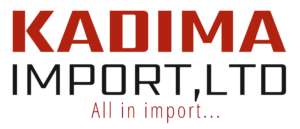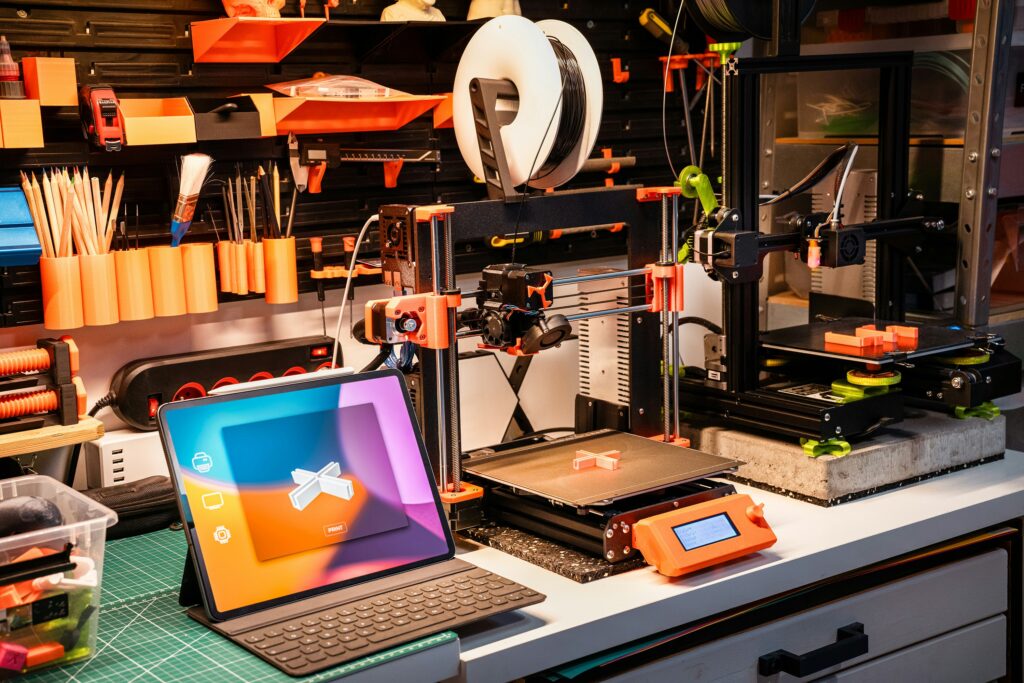Industrial 3D printer import is becoming increasingly relevant as more industries adopt additive manufacturing technologies. These machines allow the production of complex components, rapid prototyping, and reduced material waste, making them essential in sectors such as aerospace, automotive, and healthcare.
The demand for industrial 3D printers is rising as manufacturers seek flexible, cost-effective production methods. Importing this equipment allows access to a broader range of technologies, often at lower prices than domestic alternatives. Global sourcing also enables companies to select from top-tier manufacturers offering diverse features and specifications tailored to different applications.
Industrial 3D Printer Import and Market Dynamics
The international trade of industrial 3D printers reflects broader changes in how companies approach manufacturing. Instead of relying solely on local suppliers, many firms now import high-end equipment to remain competitive. This trend is driven by the growing reliability of global logistics, improved quality standards abroad, and the rapid pace of innovation in additive technologies.
Managing Regulations and Logistics
Industrial 3D printer import requires careful attention to regulatory compliance. Importers must ensure proper HS code classification, documentation, and certification. Safety and electronic standards vary by country, so businesses must prepare thoroughly to avoid delays at customs.
Logistics also presents challenges. These machines are often heavy, fragile, and sensitive to environmental conditions. Specialized freight services, climate-controlled containers, and reinforced packaging are essential to ensure safe delivery. Insurance coverage and real-time tracking are also standard for high-value shipments.
Sourcing Strategies and Supplier Evaluation
Choosing the right supplier is critical. Countries such as Germany, South Korea, and China have strong reputations in industrial 3D printing. Buyers must assess product specifications, certifications, and post-sale support. Direct communication with the manufacturer, sample testing, and quality inspections can help reduce risks and ensure consistent performance.
Industrial 3D printer import supports innovation, efficiency, and global competitiveness. As adoption continues, managing this process effectively becomes a strategic priority for modern manufacturers.
Source: 3Dnatives

